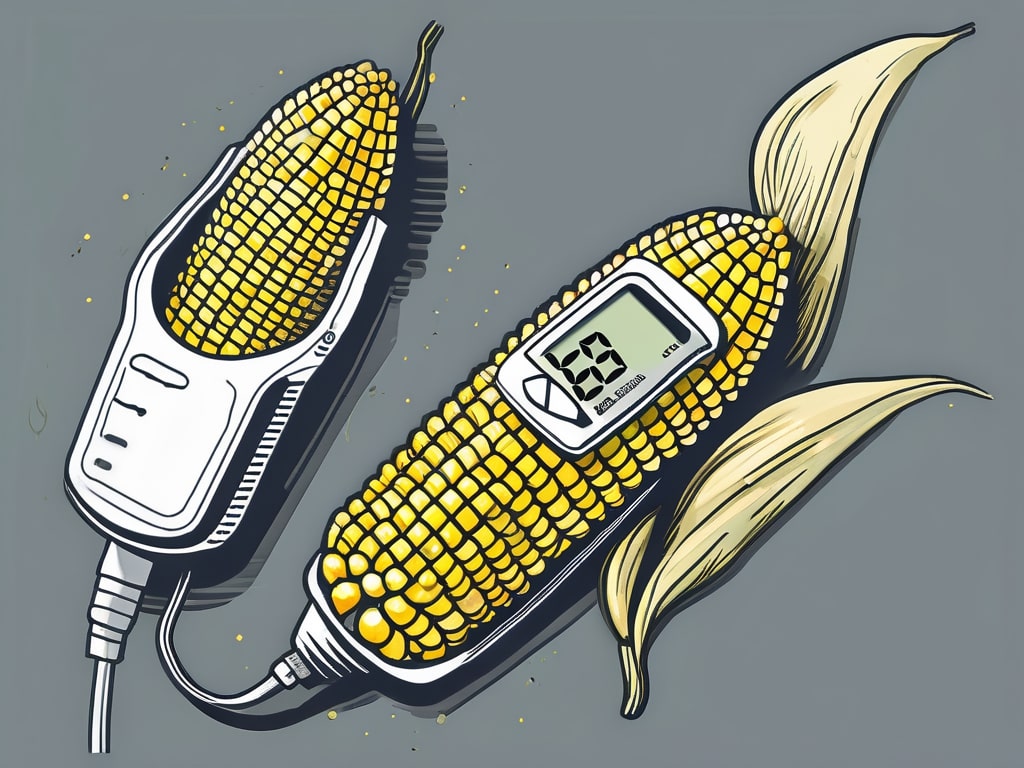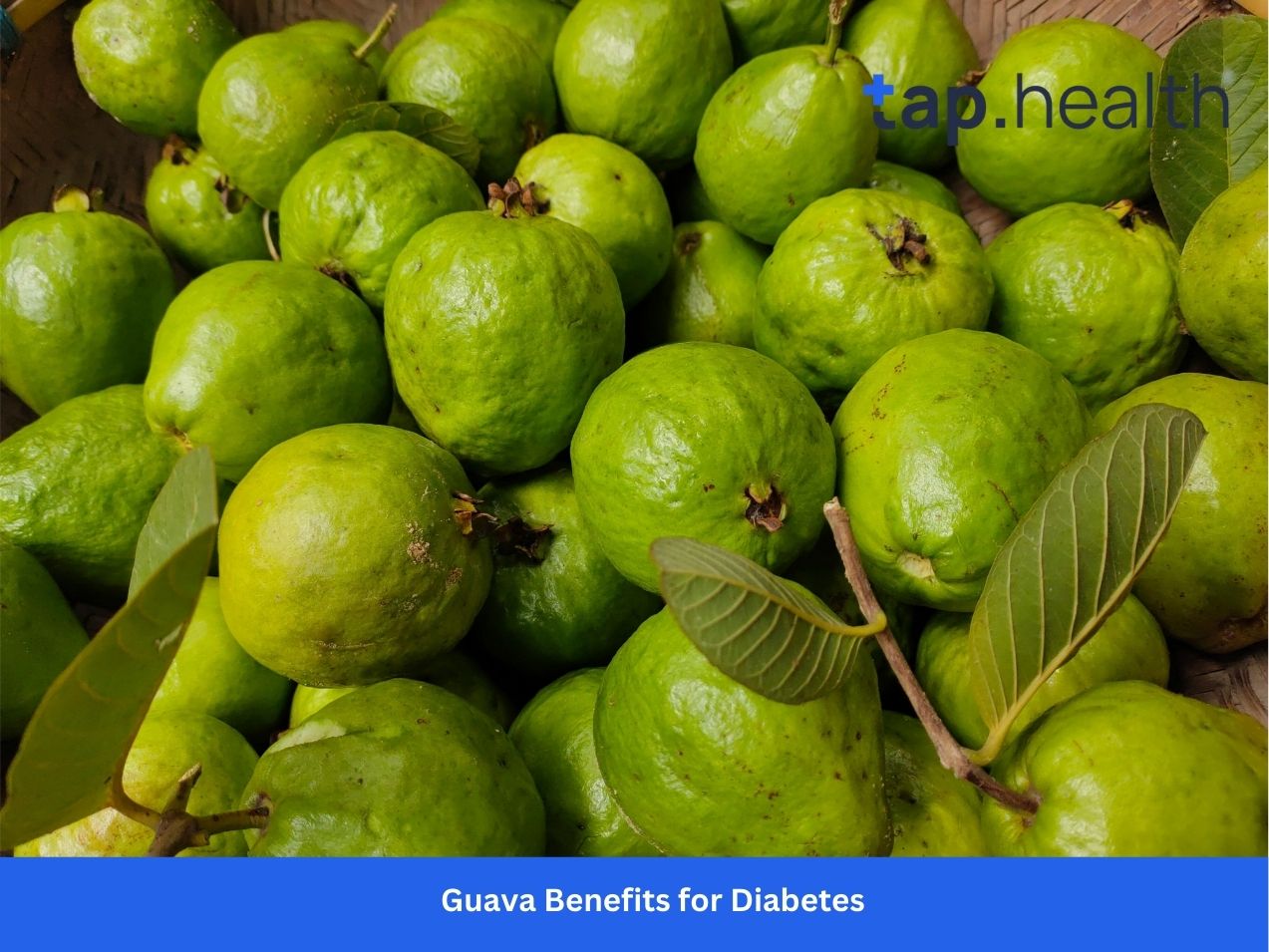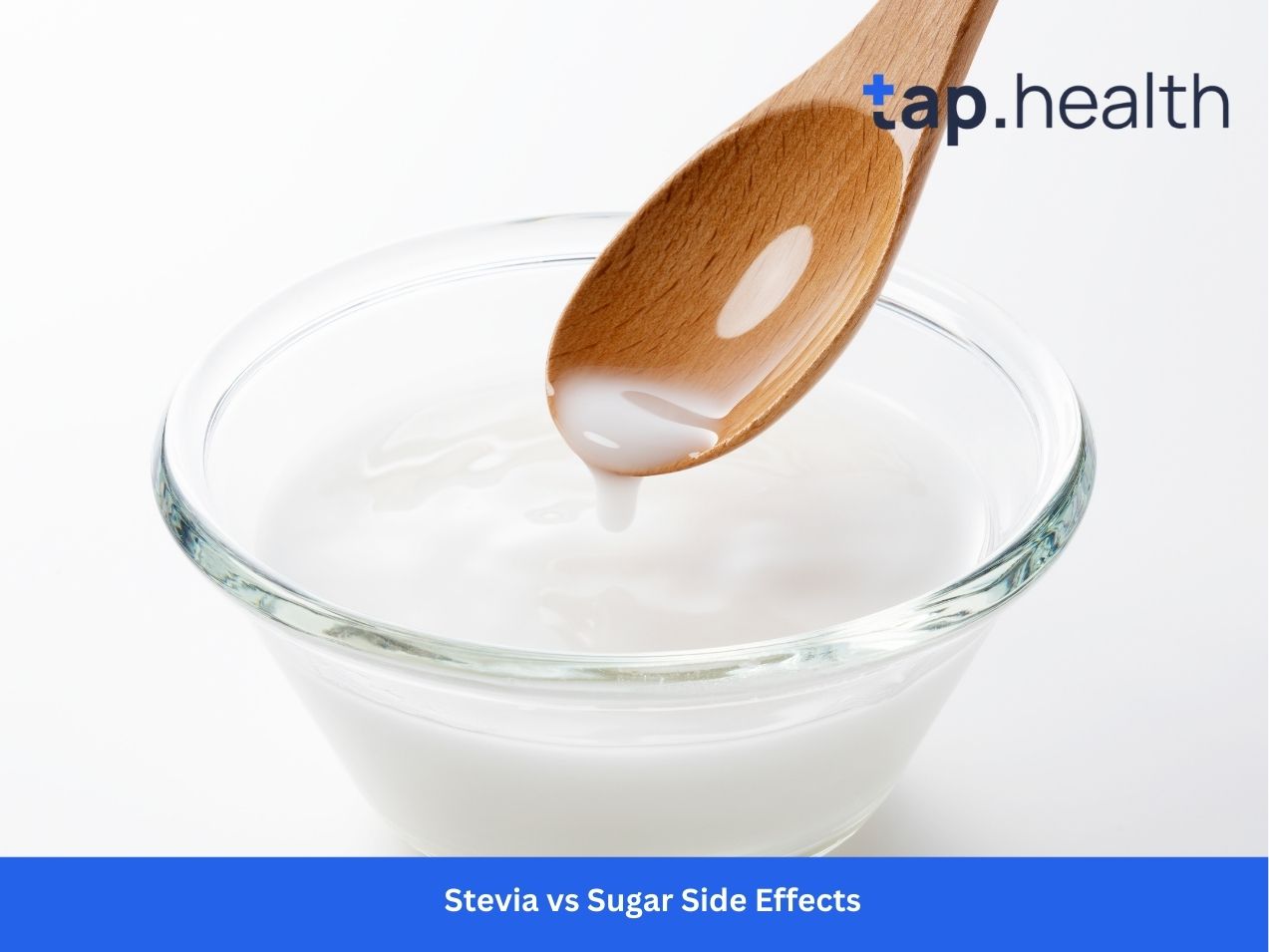Sweet corn, with its vibrant yellow kernels and sweet taste, is a popular summer vegetable loved by many. However, for individuals living with type 2 diabetes, questions often arise about whether sweet corn is a suitable choice. In this article, we will explore the nutritional value of sweet corn, its impact on blood sugar levels, the benefits it can offer to people with type 2 diabetes, as well as any potential side effects. Furthermore, we will provide some delicious sweet corn recipes specifically tailored for diabetics to enjoy. So, let’s dive in and uncover the truth about sweet corn and type 2 diabetes.
Understanding the Nutritional Value of Sweet Corn
Before determining if sweet corn is good for individuals with type 2 diabetes, it is crucial to examine its nutritional profile. One cup (166 grams) of boiled sweet corn kernels contains approximately 124 calories, 27 grams of carbohydrates, 2 grams of fat, and 4 grams of protein. Additionally, sweet corn is a rich source of essential nutrients, including dietary fiber, vitamins, and minerals.
Dietary fiber is particularly important for individuals with type 2 diabetes as it helps regulate blood sugar levels. A cup of sweet corn contains around 2.4 grams of fiber, which aids in digestion, promotes satiety, and helps prevent sudden spikes in blood glucose.
Furthermore, sweet corn is a good source of vitamins and minerals. It contains vitamin C, which is an antioxidant that helps boost the immune system and promotes healthy skin. Sweet corn also provides folate, a B-vitamin that is essential for cell division and growth, making it particularly important during pregnancy.
In addition to its nutrient content, sweet corn is also a versatile ingredient that can be enjoyed in various ways. It can be grilled, boiled, steamed, or even roasted to bring out its natural sweetness and enhance its flavor. Incorporating sweet corn into salads, soups, or side dishes can add a pop of color and texture to your meals, making them more visually appealing and nutritious.
The Impact of Sweet Corn on Blood Sugar Levels
While sweet corn does contain carbohydrates, which can affect blood sugar levels, its impact is generally considered moderate. The glycemic index (GI) is a scale that measures how quickly carbohydrates in a food raise blood sugar levels. Foods with a low GI, such as most vegetables, have a gradual effect on blood glucose.
Though sweet corn’s exact GI value varies, studies suggest that it falls within the moderate range, making it a suitable option for individuals with type 2 diabetes when consumed in moderation. It is worth noting that the way corn is prepared can affect its impact on blood sugar levels. Boiled or grilled sweet corn is generally a healthier choice compared to processed corn products, which may contain added sugars and unhealthy fats.
In addition to its impact on blood sugar levels, sweet corn offers various nutritional benefits. It is a good source of fiber, which can aid in digestion and help maintain a healthy weight. Sweet corn also contains vitamins and minerals such as vitamin C, folate, and potassium, which are essential for overall health.
Furthermore, sweet corn is a versatile ingredient that can be incorporated into a wide range of dishes. From salads and soups to stir-fries and salsas, the sweet and crunchy kernels add both flavor and texture to meals. This versatility makes sweet corn a popular choice in many cuisines around the world, contributing not only to its nutritional value but also to its culinary appeal.
Benefits of Sweet Corn for People with Type 2 Diabetes
Sweet corn is a popular and versatile vegetable that can be enjoyed in many cuisines, including Indian and tropical diets. For people with type 2 diabetes, sweet corn offers several nutritional benefits when consumed in moderation as part of a balanced diet.
1. Rich Source of Dietary Fiber
Sweet corn contains a good amount of dietary fiber, which helps slow down the digestion and absorption of carbohydrates. This leads to a more gradual rise in blood sugar levels, supporting better glucose control.
2. Provides Essential Vitamins and Minerals
Sweet corn is packed with vitamins such as B-complex vitamins (especially folate and niacin) and minerals like magnesium and potassium. These nutrients are important for overall metabolic health and can aid in managing diabetes-related complications.
3. Low Glycemic Index Food
Although sweet corn has natural sugars, it generally has a moderate to low glycemic index (GI). This means it causes a slower increase in blood glucose compared to high-GI foods, making it a better carbohydrate choice for blood sugar management.
4. Supports Heart Health
The fiber, antioxidants, and phytonutrients in sweet corn contribute to heart health by helping reduce cholesterol levels and inflammation. This is especially important since people with diabetes have a higher risk of cardiovascular disease.
5. Versatile and Satiating
Sweet corn can be incorporated into meals in various ways—boiled, grilled, or added to salads and soups—offering satisfying texture and taste without excessive calories. Its fiber content also promotes a feeling of fullness, which can help with weight management.
Portion Control is Important
While sweet corn has many benefits, it’s essential to consume it in moderation to avoid excess carbohydrate intake. Pairing it with protein and healthy fats can further help stabilize blood sugar levels.
For personalized advice on including sweet corn and other foods in your diabetes diet, consult a registered dietitian or your healthcare provider.
Are there Any Side Effects of Sweet Corn for Diabetes type-2?
While sweet corn can offer numerous benefits, it is essential to be mindful of portion sizes and overall carbohydrate intake when managing type 2 diabetes. Excessive consumption of sweet corn, like any other carbohydrate-rich food, can lead to high blood sugar levels.
Additionally, some individuals may experience digestive issues, such as bloating or gas, when consuming sweet corn due to its fiber content. It is advisable to introduce sweet corn gradually into the diet to allow the body to adjust to its fiber content.
Sweet corn, a popular summer vegetable, is not only delicious but also packed with essential nutrients. It is a good source of fiber, vitamins, and minerals, including vitamin C, folate, and potassium. These nutrients play a crucial role in supporting overall health and well-being.
When choosing sweet corn for a diabetes-friendly diet, opt for fresh corn on the cob or frozen corn without added sugars or salt. Avoid canned corn with added syrups or sauces, as these can spike blood sugar levels. Cooking methods also matter – steaming or grilling sweet corn is a healthier option compared to deep-frying or adding excessive butter.
Sweet Corn Recipes for Diabetics to Enjoy
Now that we have established that sweet corn can be a viable option for individuals with type 2 diabetes, let’s explore some delightful and diabetes-friendly recipes:
1. Grilled Mexican Street Corn Salad
This refreshing salad combines grilled sweet corn kernels with tomatoes, black beans, peppers, and a flavorful dressing. Garnish with cilantro and enjoy!
2. Roasted Corn and Avocado Salsa
Perfect as a dip or topping, this salsa brings together roasted sweet corn, creamy avocado, onion, lime juice, and spices for a burst of flavors.
3. Sweet Corn and Chicken Stir-Fry
Sautéed chicken breast, crisp vegetables, and sweet corn make for a satisfying and quick stir-fry. Season with low-sodium soy sauce and serve over brown rice.
Expanding on the topic of sweet corn for diabetics, it’s worth noting that sweet corn is a good source of fiber, which can help regulate blood sugar levels and improve digestion. Additionally, sweet corn contains antioxidants like lutein and zeaxanthin, which are beneficial for eye health and may reduce the risk of developing certain eye conditions.When incorporating sweet corn into your meals, consider pairing it with lean protein sources like grilled chicken or tofu to create a balanced and nutritious dish. Experiment with different herbs and spices to enhance the flavor profile of your sweet corn recipes without relying on added sugars or excessive salt. By combining sweet corn with a variety of colorful vegetables, you can create visually appealing and nutrient-dense meals that are suitable for individuals managing diabetes.
FAQs on Is Sweet Corn Good for Type 2 Diabetes?
1. Can people with type 2 diabetes eat sweet corn?
Sweet corn can be included in a diabetes-friendly diet when consumed in appropriate portions and as part of a balanced meal plan.
2. Does sweet corn raise blood sugar levels?
While sweet corn contains carbohydrates that can affect blood sugar levels, its overall impact is considered moderate, especially when compared to refined grains or sugary snacks.
3. How should sweet corn be prepared for individuals with type 2 diabetes?
Boiling or grilling sweet corn is a healthier preparation method compared to frying or consuming processed corn products, which may contain added sugars and unhealthy fats.
4. Can sweet corn offer any health benefits to people with type 2 diabetes?
Absolutely! Sweet corn is a good source of dietary fiber, vitamins, minerals, and antioxidants, all of which contribute to overall health and well-being.
5. Are there any side effects of consuming sweet corn?
While sweet corn is generally safe to consume, some individuals may experience digestive issues due to its fiber content. It is advisable to introduce sweet corn gradually into the diet and monitor any potential reactions.
6. Are there different varieties of sweet corn available?
Yes, there are various types of sweet corn available, each with its own unique taste and texture. Some popular varieties include yellow, white, and bi-color corn. Yellow corn is the most common and has a slightly sweet and buttery flavor, while white corn is known for its delicate and mild taste. Bi-color corn combines the sweetness of yellow corn with the tenderness of white corn, offering a delightful blend of flavors.
7. How can sweet corn be incorporated into a diabetes-friendly meal plan?
There are numerous ways to include sweet corn in a diabetes-friendly meal plan. It can be added to salads, soups, or stir-fries to enhance the nutritional value and add a burst of flavor. Sweet corn can also be used as a topping for whole grain tacos or incorporated into a vegetable medley for a colorful and nutritious side dish. By experimenting with different recipes and cooking methods, individuals with type 2 diabetes can enjoy the versatility of sweet corn while maintaining their blood glucose control.



